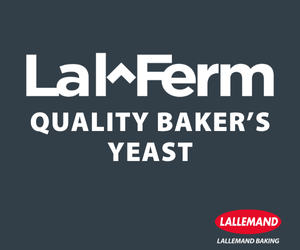KANSAS CITY, MO — Environmental, social and governance (ESG) is quickly becoming a critical issue for food manufacturers, mainly because of the impact it could have on how they operate. Pressure is growing for companies to be more transparent about their long-term continuous improvement plans for supporting positive environmental and social change. It’s leading many to develop a comprehensive ESG framework to help guide operations.
Along with increased consumer demand for a focus on ESG, a few other factors come into play. Ingredients marketplace company TraceGains published a report, “The State of ESG Compliance for the Food and Beverage Industry,” which included a survey of 343 large, global food and beverage companies. Results indicated that 32% of companies are focusing on ESG compliance because of the evolving regulatory environment, 27% because of consumer demand, and 18% to remain competitive.
It’s not enough for a brand to say it’s striving to be a force for good and tout its accomplishments. Savvy stakeholders want tangible evidence that companies are folding ESG practices into the fabric of their organizations vs. passing the responsibility along to the compliance and human resources departments.
“It has become increasingly apparent that companies must integrate and align their ESG efforts with corporate strategy,” said Eric Jacobson, VP of investor relations and ESG for Thomasville, GA-based Flowers Foods. “Doing something just to say you did it, without a focus on how it will benefit the company, brand and stakeholders, can backfire. Staying focused on delivering value in a responsible way is more critical than ever.”









